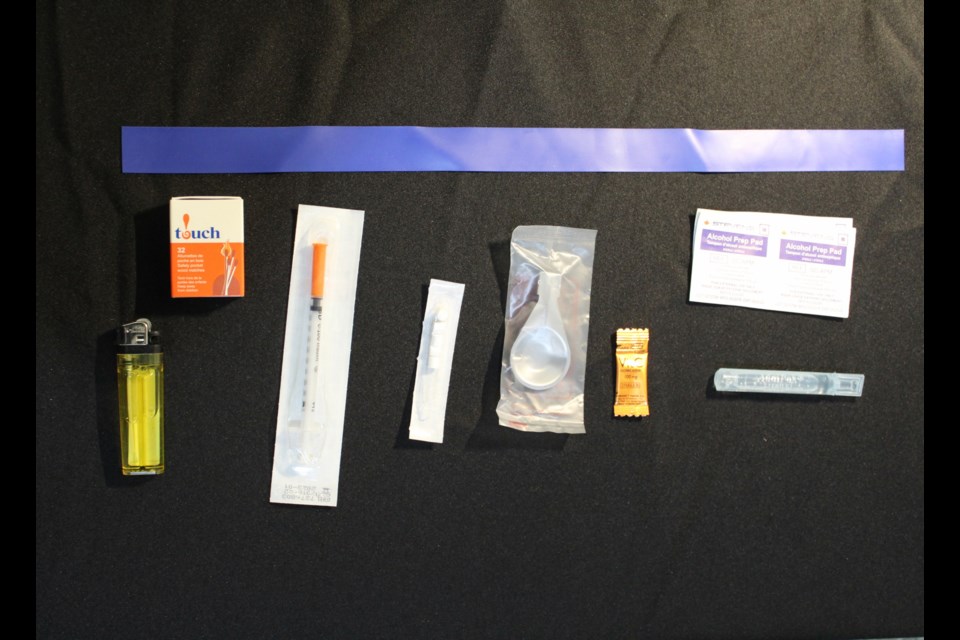Residents who live near 11 Innisfil St., just outside Barrie's downtown, are being asked to share their thoughts about whether or not they feel they were properly consulted about the proposed supervised consumption site (SCS) in their neighbourhood.
The active survey was published on Barrie-Springwater-Oro-Medonte MPP Doug Downey’s website at the end of September and is in response to concerns his constituency office says were received from local residents regarding the consultation process leading up to the decision to potentially locate the SCS on Innisfil Street. Downey is also the province's attorney general.
As the provincial application for the SCS has been made and is now in the hands of the Ministry of Health, Downey's office told BarrieToday "it would not be prudent for MPP Downey to give a statement of opinion at this time."
"The matter is currently before the decision makers at the Ministry of Health, and MPP Downey does not want to interfere in that process," the statement said.
The reason behind the development and distribution of the survey, explained executive assistant Kathryn Abel, came from the concerns regarding consultation which were brought to the local office from nearby residents.
"Our office is gathering this data and information from the area residents to ensure their voices are heard by the ministry responsible for reviewing and considering Barrie's CTS application," she said.
In Ontario, supervised consumption sites are referred to as Consumption and Treatment Services (CTS), but these names refer to the same services and can be used interchangeably.
An SCS provides a safe space and sterile equipment for individuals to use pre-obtained drugs under the supervision of health-care staff. Consumption refers to taking opioids and other drugs by injection, smoking, snorting, or orally.
The Simcoe County branch of the Canadian Mental Health Association (CMHA), in partnership with the Simcoe Muskoka District Health Unit, submitted formal applications to Health Canada in early October for exemption under the Controlled Drugs and Substances Act (CDSA), as well as to the provincial government for funding approval, for the proposed SCS on Innisfil Street.
Downey's office says the goal of the current survey is to better understand the concerns of those who live in the area, and to see how wide-reaching any concerns were in that neighbourhood. It is also meant to serve as a way to ensure local residents felt their feedback was heard, given part of SCS funding from the province includes local resident feedback and consultation.
The survey, which includes three questions, focuses solely on consultation, Abel explained.
“It asks two questions about their role in the consultation, and one about their opinion on the sites in general, in order to distinguish if the concern people have is the site itself within the city, or if the issue is directly to do with the current proposed location," she said.
Responses collected from those in the area near the proposed site will be collated and submitted to the Ministry of Health, Abel added.
The Canadian Mental Health Association Simcoe County Branch and the Simcoe Muskoka District Health Unit hosted online neighborhood consultations in the spring, asking residents how the proposed SCS locations could best meet the needs of the clients using the services and the surrounding residential/business community.
The Innisfil Street location was chosen based on site selection criteria, which included proximity to where drug use is happening, data collected through an extensive community consultation process, and final consideration by the site selection advisory committee.
In 2020, there were 58 opioid deaths in Barrie, more than double the 26 from 2019. The city also had the third-highest crude opioid mortality rate among all Ontario municipalities with at least 100,000 residents.
Barrie city council provided its endorsement for the Innisfil Street location on May 31, 2021.


.png;w=120;h=80;mode=crop)
